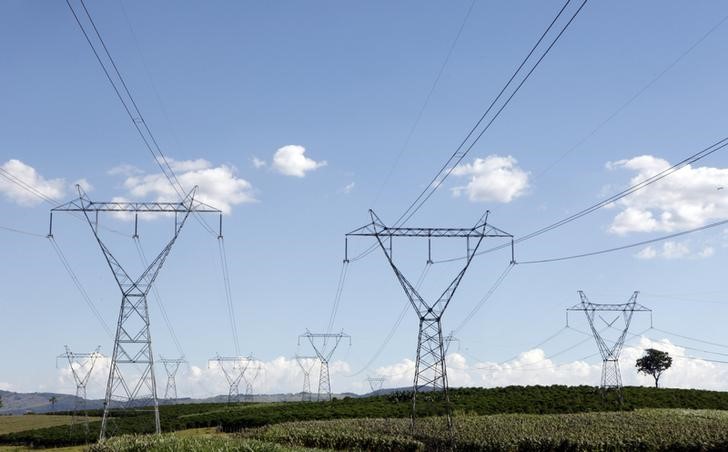By Amrutha Gayathri
(Reuters) - Great Plains Energy Inc (N:GXP), the owner of regulated power utility Kansas City Power & Light, will buy bigger rival Westar Energy Inc (N:WR) for $8.6 billion (£5.9 billion), the largest deal in the U.S. electricity distribution market so far this year.
Falling demand in both open and regulated power markets due to increased energy efficiency and a weak economy has led to several deals as U.S. utilities look to cut costs and diversify their portfolios.
This year, Dominion Resources Inc (N:D) said it would buy Questar Corp (N:STR) for about $4.4 billion and Exelon Corp (N:EXC) closed its $6.8 billion merger with Pepco Holdings Inc (N:POM).
Westar shares rose as much as 8 percent to a record high of $57.24 on Tuesday, but were below the cash-and-stock offer price of $60 per share, suggesting that investors were sceptical the deal would go through.
Great Plains stock fell as much as 8 percent to $28.50.
The enterprise value of the deal is about $12.2 billion, including $3.6 billion of Westar's debt.
Great Plains said it had secured about $8 billion in committed debt financing from Goldman Sachs (NYSE:GS) and was planning equity and debt issuance to fund part of the deal.
"Financing will be a challenge, but it looks like a manageable challenge," said Gabelli & Co analyst Timothy Winter, estimating debt of about $12 billion for the combined company.
Kansas City, Missouri-based Great Plains already owns one nuclear and two coal-fired plants with Topeka, Kansas-based Westar.
GREATER SCALE
After the transaction closes, Great Plains' customer base in Kansas and Missouri will increase to more than 1.5 million from about 850,800 at the end of March, while its generation capacity will rise to nearly 13,000 megawatts from about 6,400 megawatts.
Rising customer expectations, stricter environmental norms and cyber security threats, coupled with slower demand growth, are pushing up companies' costs, leading to higher tariffs, Great Plains Chief Executive Terry Bassham said.
Bassham, who will head the combined company, expressed confidence that the acquisition would be approved by regulators, saying that the deal made a lot of "sense from both an efficiency perspective and a states perspective."
The companies said they expected the deal to help them better cope with potential tightening of carbon regulations.
The deal, which includes a reverse breakup fee of $380 million, is expected to close in the spring of 2017.
